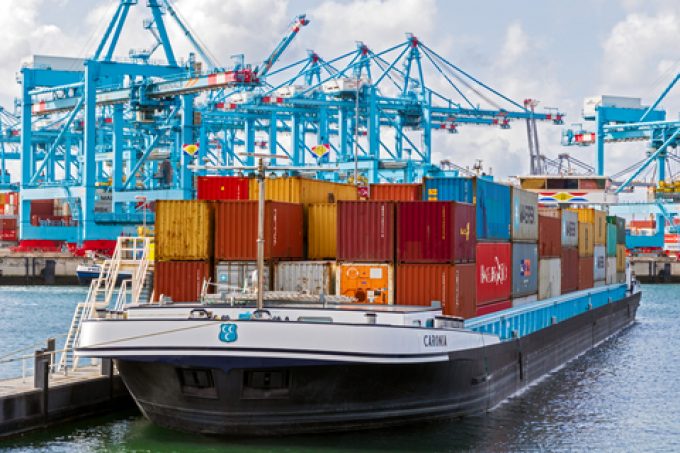Forwarders 'allowing the fox into the chicken run' by supporting 'hungry' carriers
Forwarders are “allowing the fox into the chicken run” by supporting carriers that also work ...

Congestion charges look set to become a permanent fixture on Europe’s inland waterways, as the logistics sector battles back from the havoc wrought by July flooding.
Hapag-Lloyd announced last week that, from 15 September, it would raise rates from €135 ($160) per teu and €155 per 40ft to €140 and €170, respectively – noting the new rates remained subject to fuel, IMO, congestion and high- or low-water surcharges.
One source told The Loadstar: “I’m losing track of all these changes and charges ...
Maersk u-turn as port congestion increases across Northern Europe
Maersk Air Cargo sees volumes fall as it aims for 'margin in favour of revenue'
Keep our news independent, by supporting The Loadstar
Container spot rates diverge: to Europe still falling, but firmer to the US
Hapag-Lloyd won't take bookings if port congestion leaves cargo stranded
Ecommerce likely the front-runner in resurge of transpacific trade after deal
Containership charter market feels the ripples from trade tensions
Airfreight players eye new routes as demand on the transpacific nosedives


Comment on this article